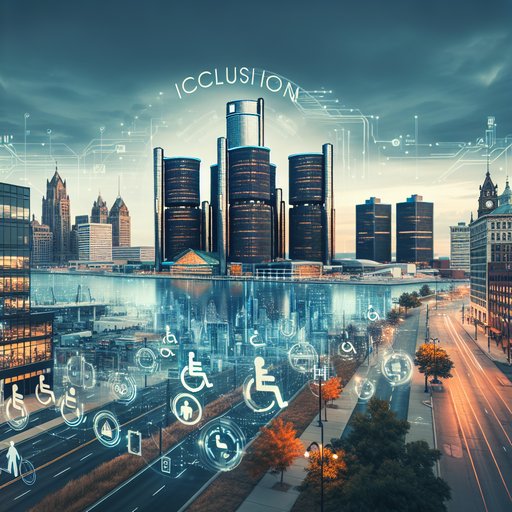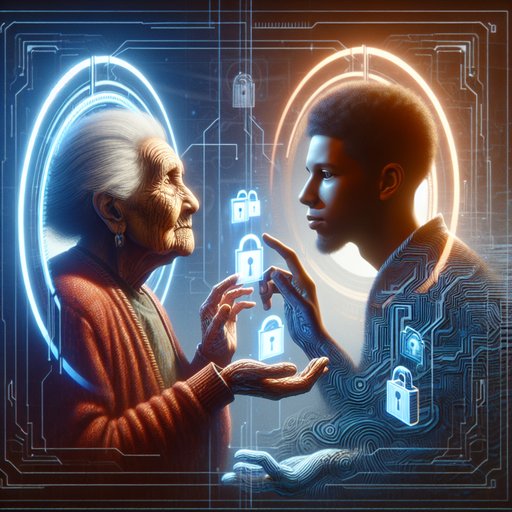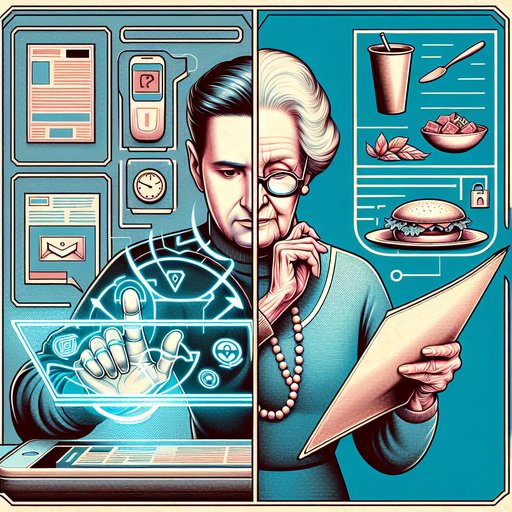- Details
- Written by: Valenenzia Gruelle

Apple's announcement of a two-day Manufacturing Academy in Detroit next month [2] has been met with enthusiasm by industry insiders eager for a glimpse into the future of tech-driven production. Yet beyond the gleaming machinery and high-tech processes, this event raises crucial questions about how smart-city innovations can empower or exclude those who are mobility-challenged, particularly the elderly. As urban landscapes become increasingly digital, it is imperative to consider who benefits and who gets left behind.
- Details
- Written by: Valenenzia Gruelle

In an era of rampant misinformation, older generations are frequently cast as both victims and culprits—a narrative that overlooks the nuanced realities of digital literacy across age groups. Meanwhile, privacy experts are heralding user personalization as a revolutionary approach to safeguarding personal information online, arguing that it offers a pathway to a more secure digital experience for all. As we explore this frontier, we must consider how personalization might uniquely empower older users while addressing the broader societal implications for misinformation management.
- Details
- Written by: Valenenzia Gruelle

In an era where convenience is king, Gen Z’s penchant for ordering food online starkly contrasts with Baby Boomers’ hesitance. This generational divide highlights a broader challenge: how breakthrough technologies often outpace public understanding, particularly among seniors. As the digital world rapidly evolves, it is crucial to consider ethical rollouts and foster lifelong learning to ensure no one is left behind.
- Details
- Written by: Valenenzia Gruelle

The recent $5.1 million grant awarded by FHLBank San Francisco for affordable housing in Nevada [1] serves as a beacon of hope for those striving to navigate the ever-complex landscape of financial stability. Yet, as we celebrate this progress, we must confront an insidious issue that plagues both the young and the old: misinformation. Older populations, often labeled as easy targets for misinformation, are caught in a paradox of vulnerability and blame. How can we leverage initiatives like these grants to foster not just physical housing, but also an informed and resilient community?












































